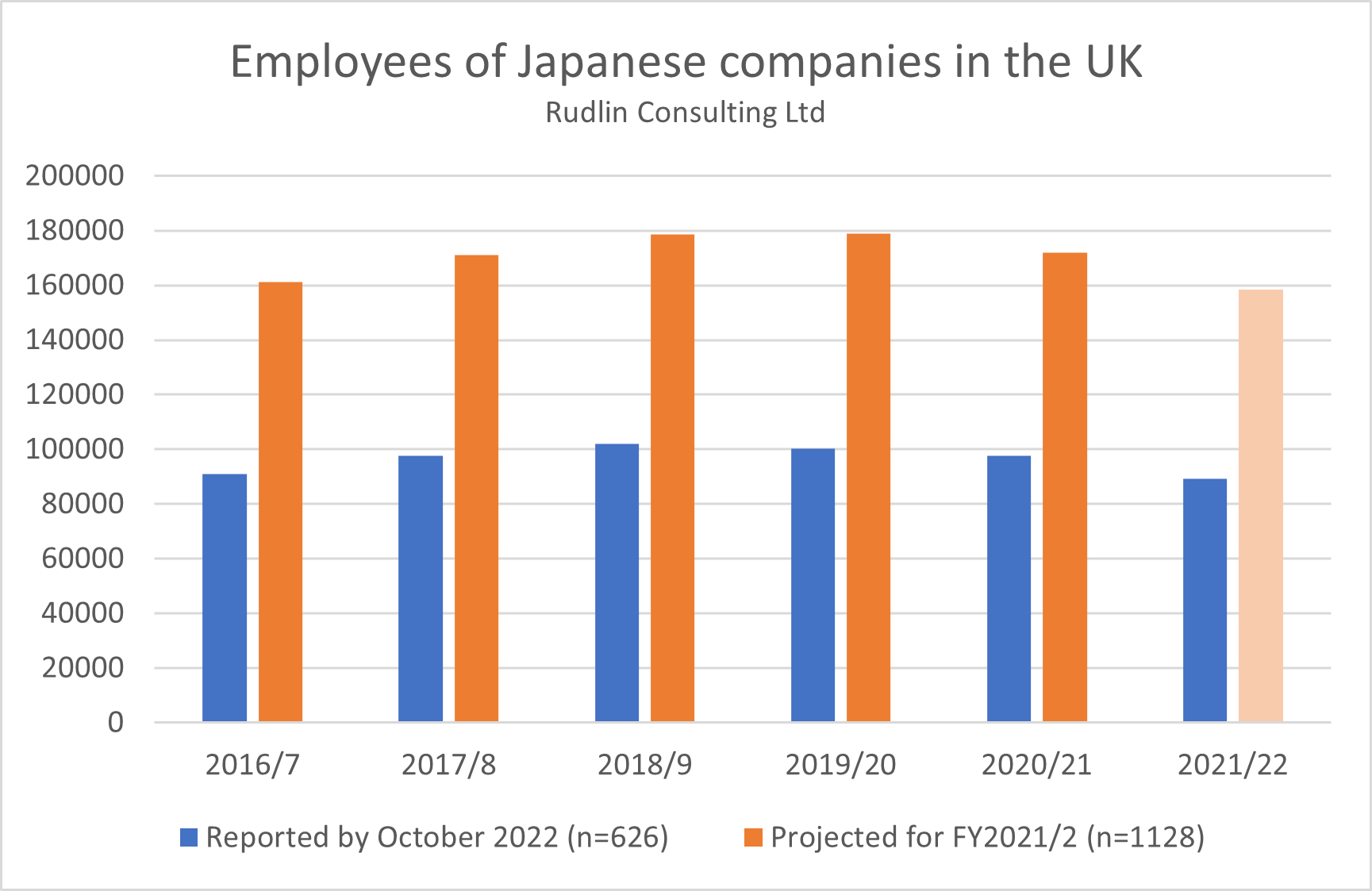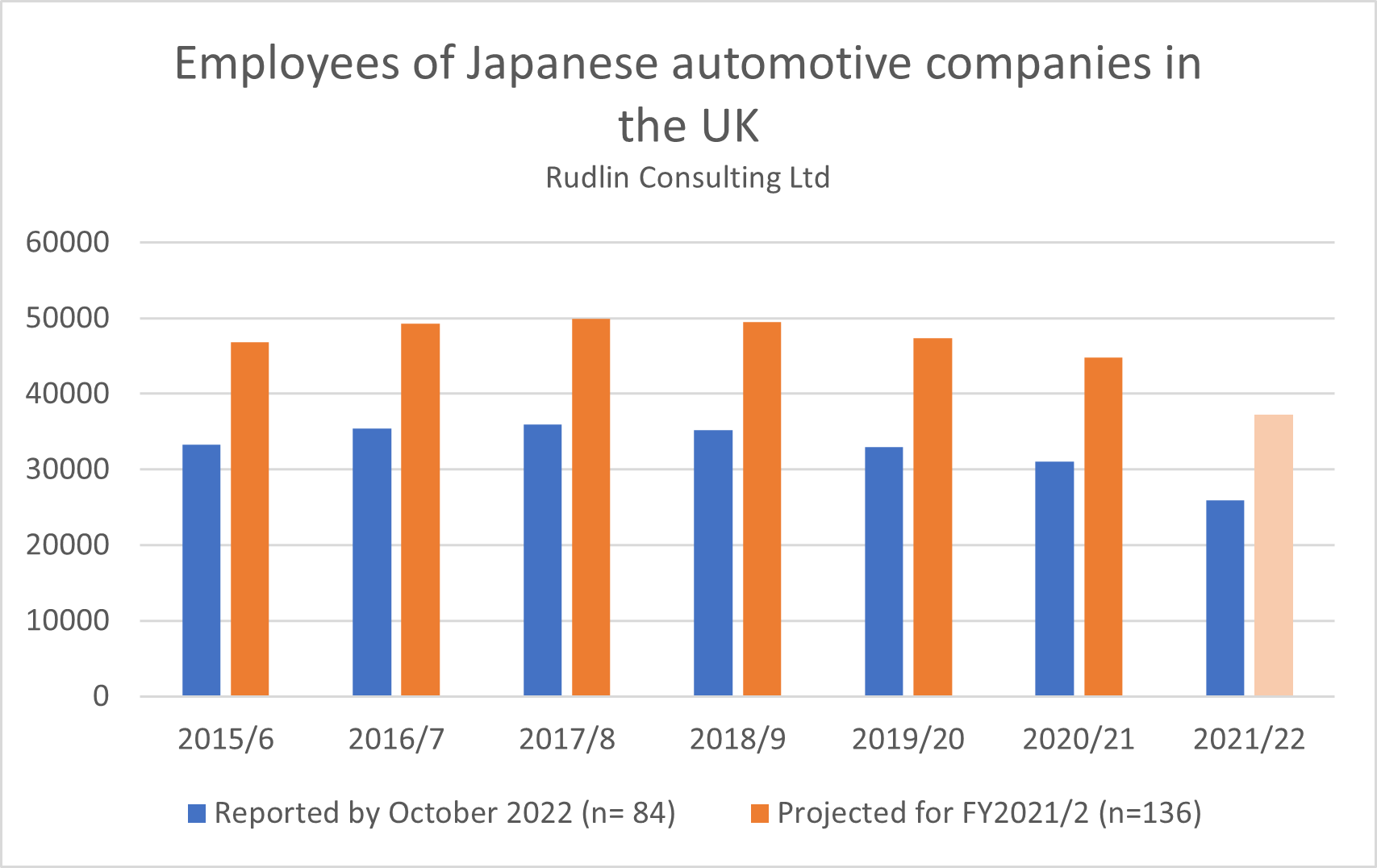Rhymes from history – the Japanese Business Mission to Britain – 100 years’ ago
I’ve been researching the visit of the Japanese Businessmen’s Mission to Britain, which ended a hundred years’ ago, to see if there are any parallels with today.
The visit took place around the time that the Anglo-Japanese Alliance of 1902 became defunct, superseded by the Four Power Treaty of the Washington Conference between Japan, the UK, the USA and France. The conference ended in February 1922, but it was not until the treaty was ratified in August 1923 that the Alliance was officially terminated.
The alliance was originally directed against Russian expansionism in the Far East, and latterly to deal with the threat from Germany, but by 1921 Britain no longer feared Russia, and Germany had been defeated in WWI. Instead, Britain wanted to maintain close relations with the United States, which had a more hostile attitude towards Japan and saw potential conflicts of interest in the Pacific region and China.
The mission, led by Dan Takuma, visited the United States, Britain and France from October 1921 to February 1922, deliberately coinciding with the Washington Conference. There was some confusion in Britain over what to call the mission – sometimes it was referred to as an industrial mission, sometimes as a commercial mission, but it seems from accounts of the speeches that many of the British hosts were well aware that there was also a diplomatic agenda.
Japan had become a net exporter and a creditor nation as a result of WWI, deeply involved in the international economy. Shibusawa Eiichi felt that this was the moment for Japan to strengthen its global influence, by ensuring its economic and social infrastructure was up to the level of a developed nation.
As a consequence, the members of the zaikai (powerful business people) on the mission showed as much interest in British labour relations, the cooperative movement and the Federation of British Industries as visiting shipyards and factories or discussing tariffs and trademarks. They also were keen to understand Britain’s transportation infrastructure. After their tour of Britain, they went to France to inspect the newly formed International Chamber of Commerce.
There was plenty of talk during the dinners and lunches for the mission, hosted by British businessmen, of keeping open doors in trade. However, it was clear the British were beginning to see Japan as a competitor in its colonies, particularly in cotton goods. Dr Dan responded to this by saying that the competition for both Japan and Britain would be China.
The Japanese mission was worried that the end of the Anglo-Japanese alliance might therefore lead to more trade barriers, as well as harm Japan’s global standing, as the alliance had been proof of Japan’s creditworthiness.
It seems they were right to be worried. Once the Great Depression hit in 1929, the US became more protectionist. In 1932, Britain implemented the Imperial Preference tariff policy, of home producers first, empire producers second, and foreign producers last – the same year that Dan Takuma was assassinated.
This article was originally published in Japanese in the Teikoku Databank News on 9th March 2022
For more content like this, subscribe to the free Rudlin Consulting Newsletter. 最新の在欧日系企業の状況については無料の月刊Rudlin Consulting ニューズレターにご登録ください。
Read More LinkedIn
LinkedIn YouTube
YouTube
 Overall, the total number employed by those Japanese companies in the UK who have reported their results has fallen by 8% over the past year. This is an acceleration of a decline which started three years ago – employee numbers had fallen 3% the previous year, and 2% the year before that. This was preceded by a couple of years of growth from 2016/7 to 2018/9. Projected, this suggests that the number of people employed by Japanese companies in the UK will fall to 158,000 by the end of the financial year 2021/2, below the 161,000 that were employed by Japanese companies in 2016/7 and a 14,000 drop on the numbers employed in 2020/1.
Overall, the total number employed by those Japanese companies in the UK who have reported their results has fallen by 8% over the past year. This is an acceleration of a decline which started three years ago – employee numbers had fallen 3% the previous year, and 2% the year before that. This was preceded by a couple of years of growth from 2016/7 to 2018/9. Projected, this suggests that the number of people employed by Japanese companies in the UK will fall to 158,000 by the end of the financial year 2021/2, below the 161,000 that were employed by Japanese companies in 2016/7 and a 14,000 drop on the numbers employed in 2020/1. It is certainly partly due to the impact of Honda closing its Swindon factory in July 2021. That meant the loss of nearly 3,000 jobs and it looks likely a further 5,000 jobs will have been lost in the automotive sector over the past year – many of which were dependent on Honda. The decline in employment in the automotive sector began in 2018/9, a year or two before other sectors began to lose jobs.
It is certainly partly due to the impact of Honda closing its Swindon factory in July 2021. That meant the loss of nearly 3,000 jobs and it looks likely a further 5,000 jobs will have been lost in the automotive sector over the past year – many of which were dependent on Honda. The decline in employment in the automotive sector began in 2018/9, a year or two before other sectors began to lose jobs.